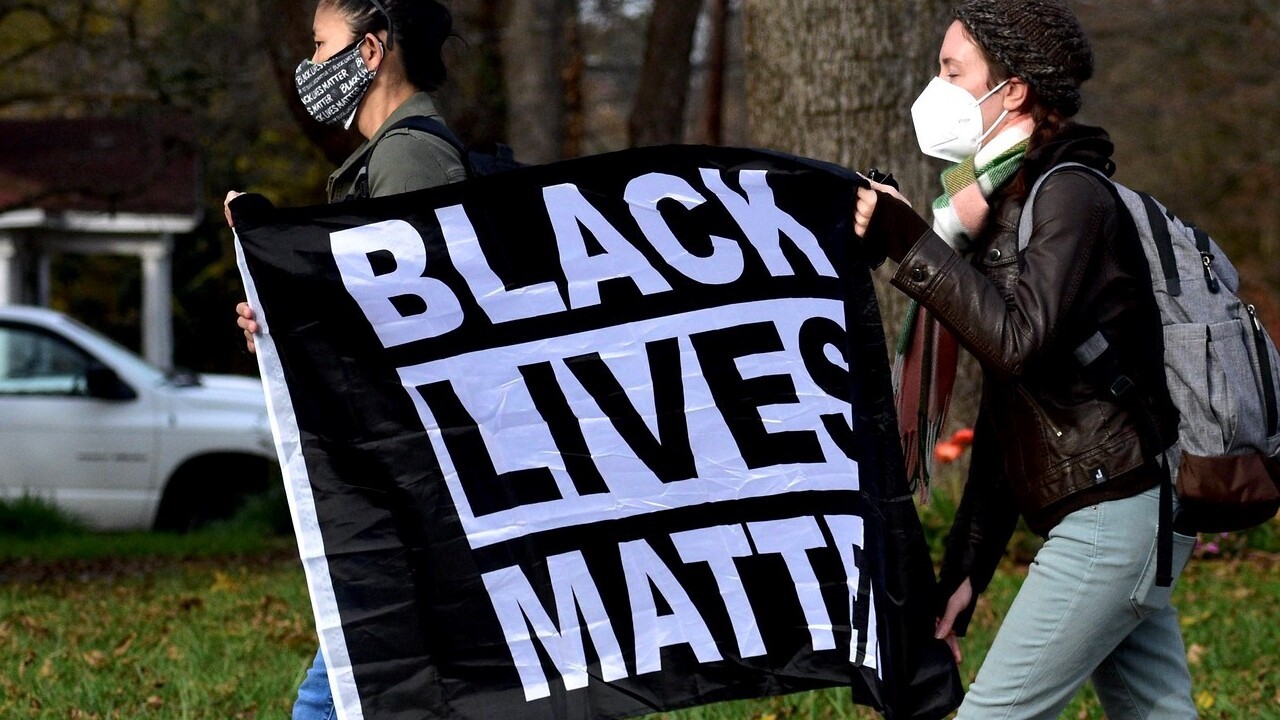If no one goes to prison for actor Alec Baldwin’s accidental killing of cinematographer Halyna Hutchins, our society will have failed a crucial moral test.
We will be saying human life is not sacred; that it, in effect, is of little or no consequence.
The killing was, we presume, unintentional (though we do not know for sure, as the possibility remains that someone had motive to load the gun with real ammunition). But that does not mean that no one should be held culpable and punished. Society must regard the taking of human life — even when unintentional — as something terrible.
I learned this principle from the Bible, which was, until the last century, the source of America’s and the Western world’s moral values.
This principle is repeated over and over in the Bible’s first five books (the Torah), the source of all biblical laws. This repetition strongly indicates how seriously the Bible takes this issue.
Example one:
Exodus 21:28: “When an ox gores a man or a woman to death, the ox shall be stoned …”
The obvious question is: Why would the ox be put to death? It is surely not guilty of murder; oxen have no free will. The reason it is put to death is that the killing of a human being cannot go unpunished.
The Jewish Bible scholar, professor Nahum Sarna, wrote:
“The execution of the ox was carried out in the presence, and with the participation, of the entire community (the animal was stoned, not merely killed) — implying the killing of a human being is a source of mass pollution and the proceedings had an expiatory function. The killing of a homicidal beast is ordained in Genesis 9:5-6: ‘For your own life-blood I will require a reckoning: I will require it of every beast … Whoever sheds the blood of man, by man shall his blood be shed, for in His image did God make man.’ The sanctity of human life is such as to make bloodshed the consummate offense, one viewed with unspeakable horror. Both man and beast that destroy human life are thereafter tainted by bloodguilt.”
Example two:
Deuteronomy 19:5: “(If) a man goes with his neighbor into a grove to cut wood; and as his hand swings the ax to cut down a tree, the ax-head flies off the handle and strikes the other so that he dies, that man shall flee to one of these cities and live.”
Again, the Bible describes a homicide that is entirely accidental. But the person who accidentally committed the homicide is not free to live a normal life. He cannot go on with life as if nothing happened. While he is not to be executed, he must flee to one of three “cities of refuge” in ancient Israel. There he may not be killed or otherwise hurt by a member of the killed man’s family. But he is not a completely free man.
In my Bible commentary, “The Rational Bible,” I quote Leeor Gottlieb, a professor of Bible at Israel’s Bar-Ilan University: “The Torah is morally ahead of some modern societies, in which people’s lives go on nearly uninterrupted if they killed unintentionally.”
As the Bible explains five verses later:
“Thus blood of the innocent will not be shed, bringing bloodguilt upon you in the land that the Lord your God is allotting to you.”
Human bloodshed brings bloodguilt upon the land.
Example three:
Deuteronomy 21:1-4 and 7: “If, in the land that the Lord your God is assigning you to possess, someone slain is found lying in the open, the identity of the slayer not being known, your elders and magistrates shall go out and measure the distances from the corpse to the nearby towns … And they shall make this declaration: ‘Our hands did not shed this blood, nor did our eyes see it done. Absolve, O Lord, Your people Israel whom You redeemed, and do not let guilt for the blood of the innocent remain among Your people Israel.’ And they will be absolved of bloodguilt.”
Unlike the previous instance, in which the (unintentional) killer is known, the killer of the slain man found “in the open” is not known. Nevertheless, the community is still held accountable and must ask for forgiveness for not preventing a homicide.
Example four:
The final example is not biblical but from my radio show. Many years ago, a woman called to tell me about an ostrich raised on her family’s ostrich farm. One day, this ostrich kicked her father to death. I asked the woman what was done to the ostrich. “Nothing,” she replied.
Given my biblical background, I was taken aback.
“So you tell people who visit your farm, ‘This is the ostrich that killed my father’?”
“Yes,” she responded.
In my view, that cheapened her father’s life and death.
How much more so will Halyna Hutchins’ life and death be cheapened if no one pays a steep price — for a death that was entirely preventable had proper precautions been followed?
But given how little the Bible means to most Americans today, I would not be surprised if no one goes to prison.
Dennis Prager is a nationally syndicated radio talk-show host and columnist. His latest book, published by Regnery in May 2019, is "The Rational Bible," a commentary on the book of Genesis. His film, "No Safe Spaces," was released to home entertainment nationwide on September 15, 2020. He is the founder of Prager University and may be contacted at dennisprager.com.






